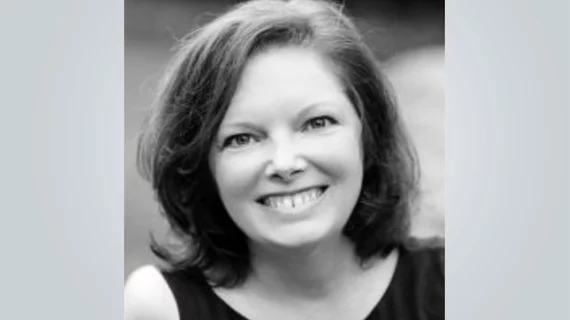The Opioid Crisis May Be Coming to Your Cardiology Practice
Where I live in Pennsylvania, not far from the “Heroin Highway,” the local news delivers frequent but superficial glimpses of the impact of the opioid epidemic on families and our communities. Statistics underscore such stories: More than 70,000 drug overdose deaths just in 2017 with an associated “economic burden” exceeding $78 billion per year.
Not coincidentally, the states that suffered the highest overdose deaths that year—West Virginia, Ohio, Pennsylvania, the District of Columbia and Kentucky—are among those grappling with dramatic increases in infective endocarditis. Ohio cardiologist Serena Day, MD, has noted how quickly the “problem got out of hand.” At a medical center in West Virginia, Mark Bates, MD, documented a 40 percent surge in infective endocarditis cases between 2008 and 2015. To cardiologists who think their communities are immune to the opioid crisis, Bates offers a chilling warning to get prepared. “The problem is going to become more widespread,” he predicts.
Here at CVB, we wish there was no need for a story on intravenous drug use–associated infective endocarditis. Unfortunately, the statistics say otherwise and so we offer you wisdom compiled while interviewing cardiologists and addiction specialists. Godspeed.
Challenges of Infective Endocarditis: The Opioid Crisis Hits Home & Cardiologists Can’t Go It Alone

